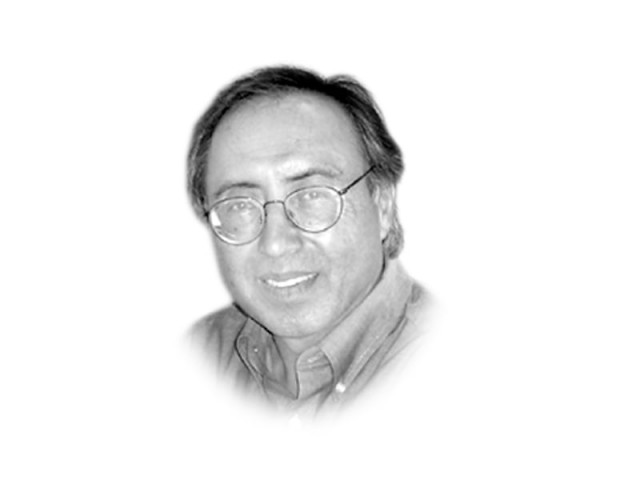What the opposition must do?
Opposition must articulate an alternative vision of policies, if it thinks govt policies are not in country's interest

The writer is a professor of political science at the Lahore University of Management Sciences. He has also worked for the Institute of Strategic Studies, Islamabad
The most important task for the political parties in the opposition is to play the role of an opposition. This is something that has been missing, except in the early 1970s. The role of the opposition is not to be hostile, confrontational or hell-bent on pulling an elected government down. We are assuming that such a government has come to power through honest and fair elections, but when it is suspected of having stolen the elections, then it is a different matter. The opposition parties in history have played two extreme roles; either they have been out-and-out confrontational or too timid, disorganised and unmotivated to constructively engage with governments.
Parliamentary democracy cannot function — it is not even conceivable — without a robust, deliberative and competent opposition. The reason is that unlike in presidential systems, the executive power is fused with the legislature. The structural elements of checks and balances along with parliamentary traditions are weak. The tendency of party leaders to exercise almost absolute control over parliament and provincial assemblies is stronger in Pakistan than in other Commonwealth country. These issues call for understanding the role of the opposition. There are three significant areas in which the opposition must present itself as a true opposition.
First, it must articulate an alternative vision of policies, in case it doesn’t think the policies of the government are not in the interest of the country. What the opposition parties have done in the past is just make statements criticising the government, without presenting a doable, pragmatic and well-reasoned document or documents on alternative policies. Every party lacks a think tank culture, which is about building research and analysis-oriented institutions to support the political parties’ work and not to rely on the individuals within or outside the parties. Hopefully, the PTI vowing to play the role of a ‘real opposition’, will not ignore this requirement.
Second, there is misconception that the opposition parties must oppose everything that a government does or proposes to do. The responses of the parliamentary opposition must be deliberative, above the interests and personal prejudices of the party leaders and always in the interests of the country. Before a policy is framed and announced or a law is made, the opposition must contribute by providing good analysis and substantive proposals. The very ideal of a ‘loyal opposition’ in parliamentary traditions is primarily to work with the government for the good of society, and not delegitimise or weaken it by creating unrest. On occasions though, we have seen political parties in parliament working together; we have a good tradition in this respect that needs to be further strengthened.
Finally, the opposition is a government-in-waiting. It must cultivate an honest, competent alternative leadership that has the benefit of well-structured institutions staffed with qualified individuals to devise policies.
Published in The Express Tribune, April 9th, 2015.
Like Opinion & Editorial on Facebook, follow @ETOpEd on Twitter to receive all updates on all our daily pieces.















COMMENTS
Comments are moderated and generally will be posted if they are on-topic and not abusive.
For more information, please see our Comments FAQ